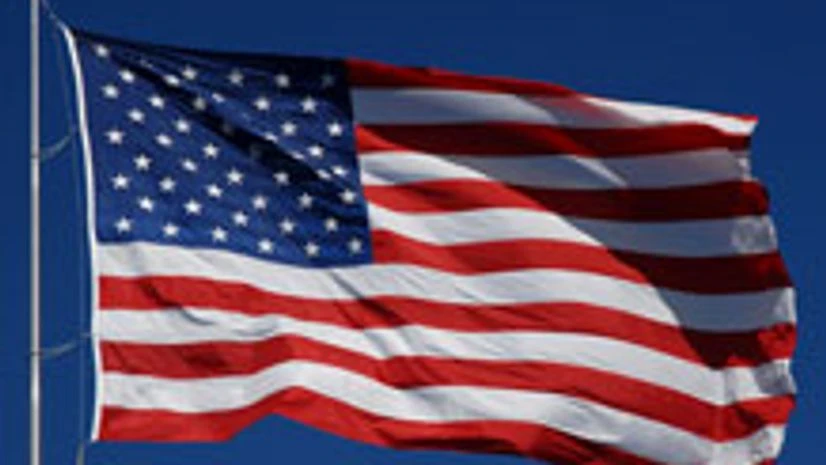As the United Nations observes 70th year of its formation, the US has said that it was open to a modest expansion of the powerful security council - the top decision making organ of the world body.
"The US is on record and many times over with sort of where our position on Security Council reform, which is that we are open in principle to a modest expansion of the council of both permanent and non-permanent members," said Bathsheba N Crocker, the Assistant Secretary of State for International Organisation Affairs.
Responding to questions during her appearance before the Council on Foreign Relations, a top US think-tank, Crocker said the US is opposed to any alteration of the veto power.
More From This Section
India is the only country which has been endorsed by the US as being a permanent member of the Security Council. The announcement in this regard was first made by US President Barack Obama during his visit to India in 2010.
"Our expectation on Security Council reform is that there will be some heightened and already is some heightened degree of discussion and ferment around the question of reform this year and certainly an effort to take advantage of the opportunity that this being the 70th year presents to raise the question again about Security Council reform," she said.
She said there is yet another set of intergovernmental negotiations going on around the question of UNSC reform, and within that, there are many different groups of countries that have different ideas about what reform should look like.
"Our position up until now and our sort of review of those respective positions has been that they are not nearly close enough yet to think that we actually see real progress on Security Council reform this year," Croker said.
"Some of the positions are still very far apart, so hard to see how you would get a place, assuming you're talking about charter reform, where you get the requisite number of votes in the General Assembly to actually pass that, which is 129," she said.
"It is worth also pointing out that as part of the charter, in order to reform it, the P5 (Permanent Five) members have to agree to reform, and their national legislatures have to agree to the reform as well. So I'm a bit hard-pressed to see that we will actually get Security Council reform of that kind of this year," Croker said.
"But having said that, I think a lot of the countries that are really pushing it strongly this year understand that, but they also think that there's some value to be had, and they're probably not wrong in trying to push those conversations to make a little bit more progress in them than we've had to date, so that even if we don't actually see actual reform this year, we may, in fact, see some movement toward what that reform might look like if we reach the question again a few years done the road," Croker said.

)
